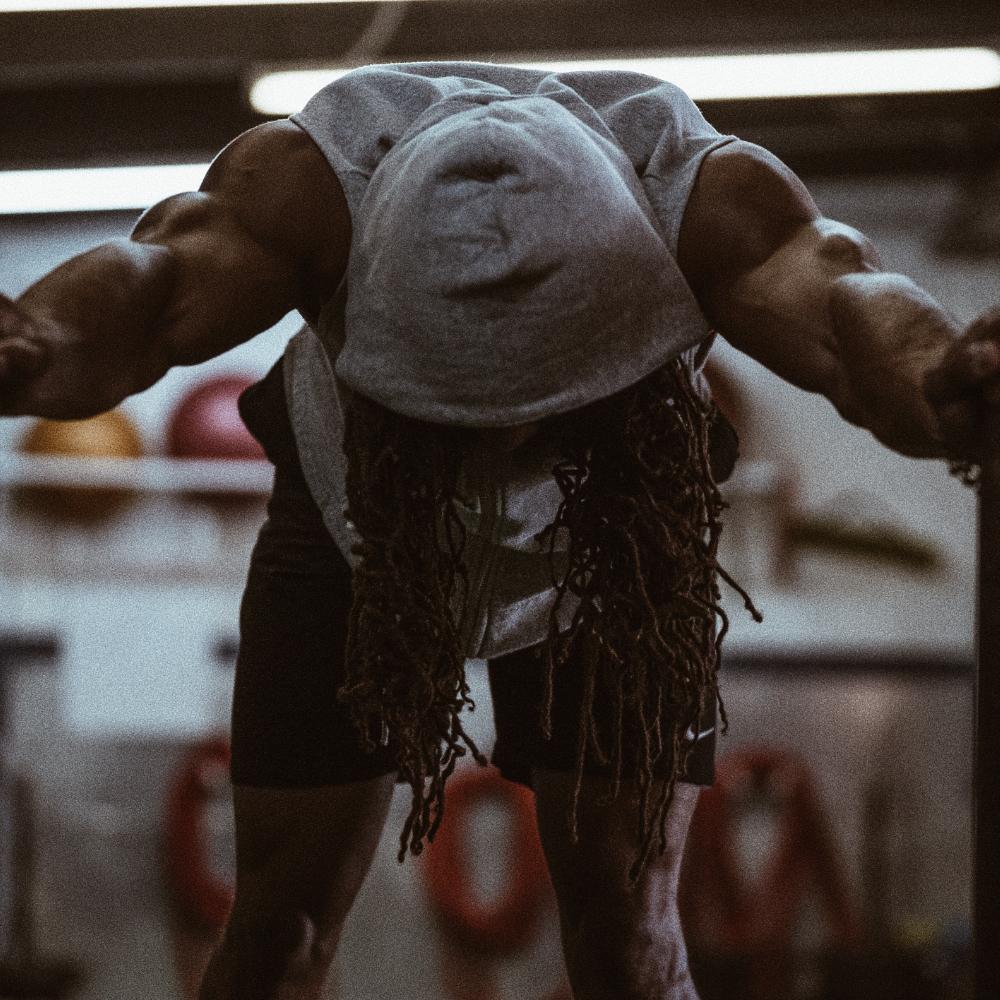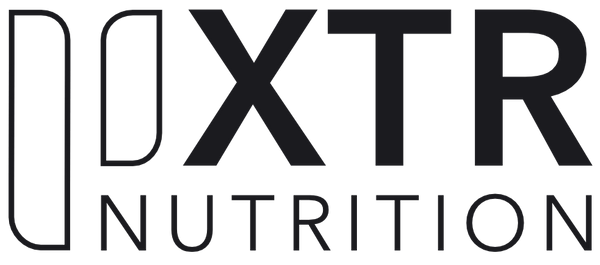
The Fascinating Role Of Probiotics In Bodybuilding
Share
In 2016 it was estimated that as many as 1..9 billion adults in the world were overweight with over 650 million qualifying as being obese. These statistics, released by the World Health Organization (WHO) are a very bitter pill to swallow, especially amongst health and fitness devotees such as bodybuilders that strive to adhere to a healthy lifestyle on a daily basis. With the bodybuilding industry coming under close scrutiny over recent years due to the use of banned performance enhancers, more and more enthusiasts are turning to sustainable nutrition-based solutions in a bid to amplify their muscle-building results.
Your approach to muscle-building supplements, together with your workout routine, can play a big part in your ability to build lean muscle mass. The biggest secret of bodybuilding bliss may, however, boil down to what you eat with pre- and probiotic foods being at the forefront of current dietary breakthroughs in this regard. Scientists from the USA, Italy and New Zealand recently collaborated on a study that found that using probiotics can help reduce muscle inflammation, improving performance during the next workout session. Probiotics will further increase your nutrient absorption, improving your overall athletic performance due to your cells boasting a better nutrient foundation.
How can probiotics aid muscle building?
Probiotics, together with prebiotics that fuel them, can help increase natural testosterone levels while reducing cortisol levels which can boost gym performance together with fat loss and muscle growth. Probiotics increase the body’s ability to absorb more amino acids from consumed protein, increasing long-term muscle growth. If you choose to supplement your workout efforts with BCAA’s, citrulline and glutamine, including more probiotics in your diet may increase the benefits of the BCAA’s and improve your overall results.
Probiotics also possess the ability to modulate the immune system after exercise. This benefit emphasizes the importance of both pre-and probiotics in the diet as both are very well tolerated both from supplements and food sources. Once the hindrance of upper respiratory and gastrointestinal illness due to compromised immune systems is eliminated athletes can continue with their training, maximizing their muscle-building efforts.
Popular sources of probiotics
Regardless of the dietary supplement market being inundated with top-of-the-range probiotics a number of natural food sources such as the following contain ample amounts of beneficial bacteria from which you can benefit.
Kefir
Kefir, which is derived from the Turkish word keyif and means ‘feeling good’ after consumption, is made by fermenting milk with a symbiotic collection of bacteria and yeast known as grains. Kefir boasts as many as four times the amount of probiotics as yogurt and is of great benefit to the body in terms of enhanced immunity and digestion, weight control and the building of lean muscle mass. The kefir can be enjoyed as-is or used in protein shakes, smoothies, poured over cereal or as a dip with seed crackers or veggie sticks.
Kombucha
Although Kombucha only became trendy in recent years, the fermented black or green tea drink has been enjoyed in China for more than 2,000 years. The Kombucha tea is made by combining tea with a mother ‘plant’ an active collection of yeast and bacteria. The fizzy tea is known to aid digestion, improve energy levels and benefit lean muscle building by helping the body to burn excess fat. Best enjoyed chilled, the tea can also be used in salad dressings, meat marinade or as a basis for a protein shake.
Kimchi
Kimchi, a traditional Korean fermented dish, is taking the world by storm – providing the human body with loads of beneficial bacteria. Not everyone will enjoy the spicy nature of the vegetable dish that commonly contains cabbage, radish, brine, and spices ranging from ginger to chili pepper. That said, there is no denying that its high volumes of vitamins A, C, B1 & 2, iron, calcium and beta-carotene makes it one of the best probiotic food sources you can consume. Kimchi can play an important role as part of a muscle-building diet as it is a source of healthy lactobacillus bacteria which aids in fat loss by helping to control the appetite while also reducing blood sugar levels. Kimchi can be enjoyed as a side-dish or appetizer and even added to your favourite soups and stews for an added probiotic punch.
When engaging in bodybuilding or any other fitness-related discipline for that matter, it is important to realize that results cannot be expected overnight. It can take months and even years of hard work and dedication to finally boast a physique that you can be proud of. Be patient, eat plenty of probiotic-rich foods and continue working towards your goals, one day at a time.
